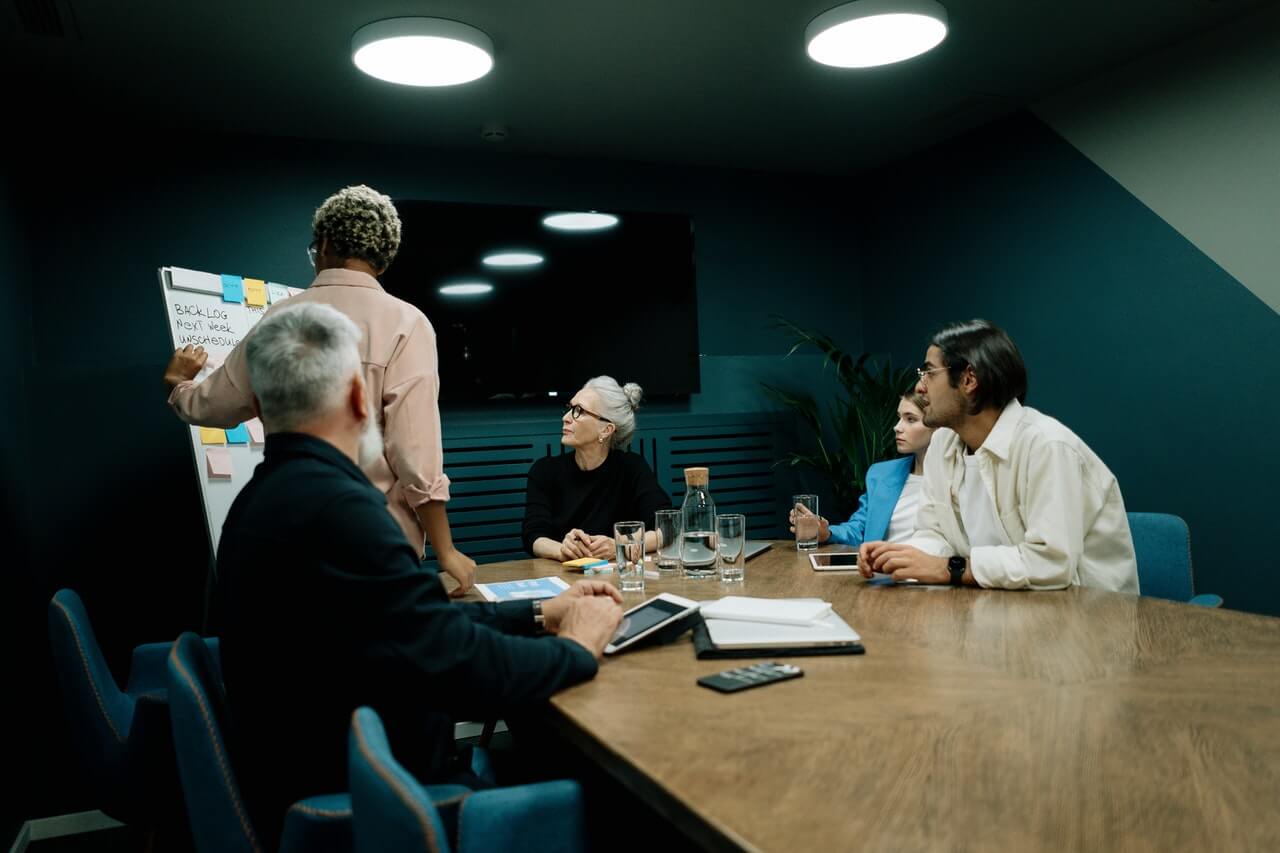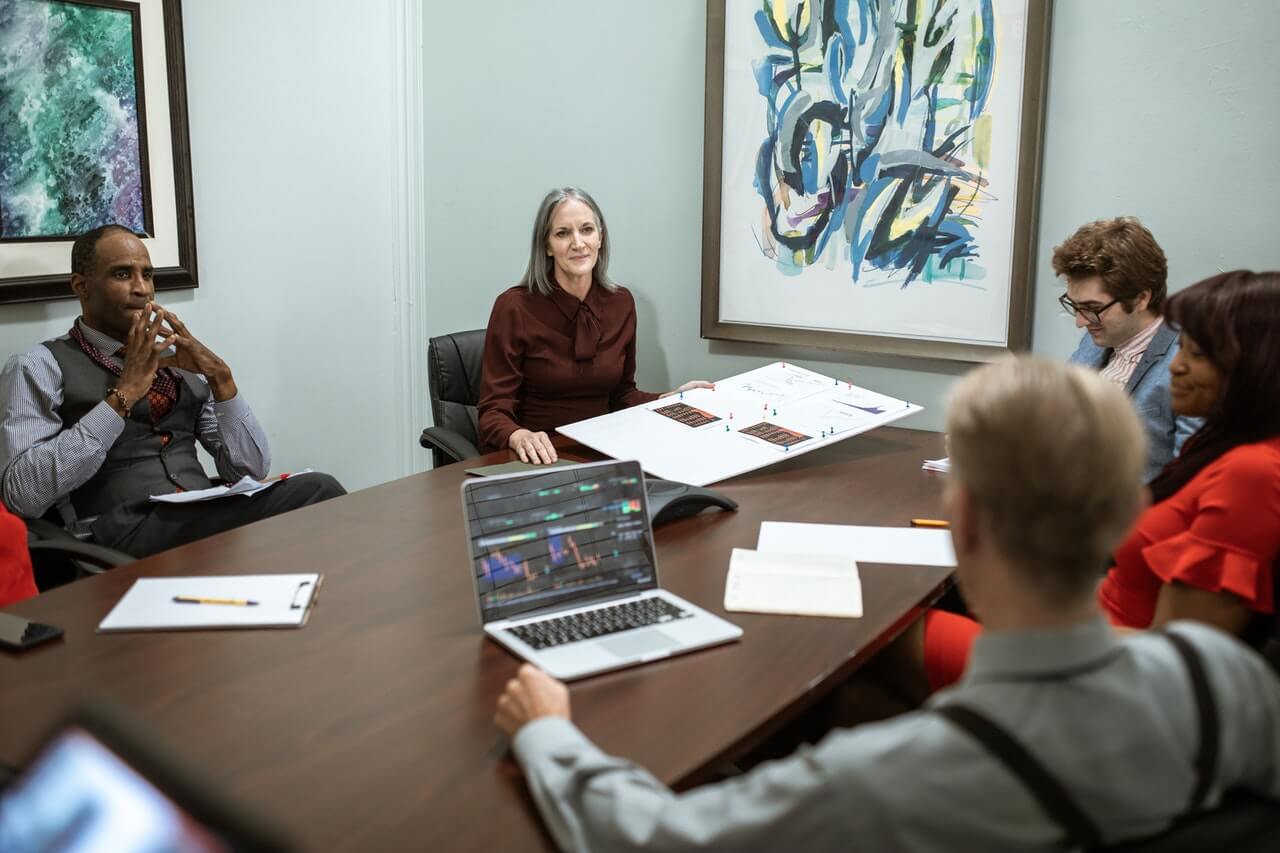Had a “wrong number” phone call recently from a “Director of Development” of an organization based in my area who was trying to reach a totally different business.
Even though I was not the intended recipient of the call, when the caller learned that I was a fundraising consultant, she thought that it was “kismet” that we had connected.
She had “questions” related to obtaining corporate contributions … the apparent focus of most of her (organization’s) fundraising efforts.
She talked about her emphasis (to corporations) on the wonderful things her organization does for its constituents, but she totally missed the concept that if you want money from a corporation you have to show them how giving to you will improve their bottom line and/or their public image.
I asked about her background in development and learned that, after many years in industry, she’s been in fundraising for ten years – with a singular focus on corporations. With her emphasis on corporate fundraising I asked if she was the Corporate Affairs Director, but she emphasized that she was the D.O.D.
I asked about her background/training in development … and there was none !!
Even with her participation/attendance at AFP chapter meetings, she seems to believe that anyone can be a Director Of Development … with or without the experience/skills needed to direct a development program. That also suggests that AFP isn’t effectively conveying to its members/attendees what development is and what a Director of Development does. That’s sad.
It’s also scary/depressing how often NPOs hire development staff/directors who have no clue that there’s a difference between fundraising and development. Of course, the people at the NPOs also have little-or-no understanding of what that difference is. They’re only looking to hire someone to raise money … so they won’t have to !!!!!
What do you think ?? Let me know, and I’ll post your comments.
=-=-=-=-=-=-=-=-=-=-=-=-=-=
Have a comment or a question about starting, evaluating or expanding your fundraising program?
Contact Hank at [email protected]. With over 30 years of counseling in major gifts, capital campaigns, bequest programs and the planning studies to precede these three, he’ll be pleased to answer your questions.










